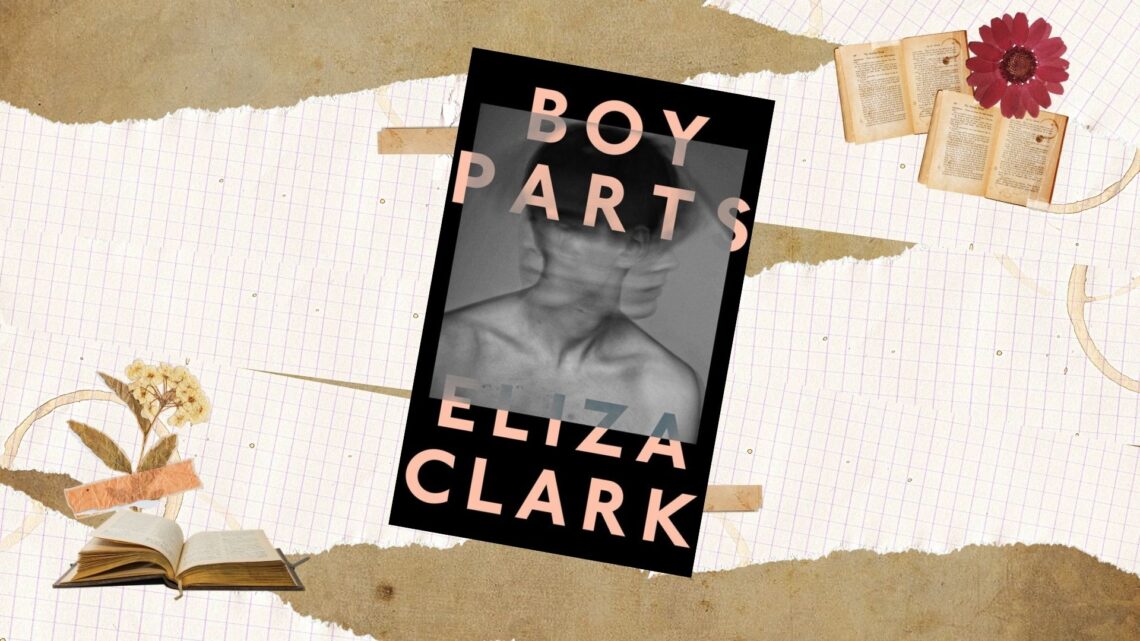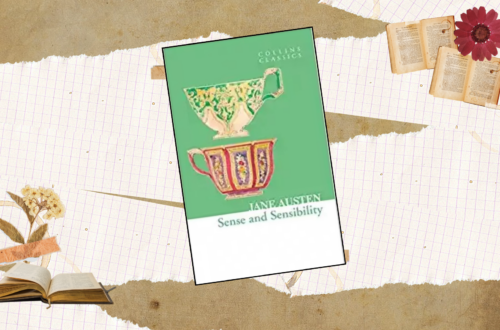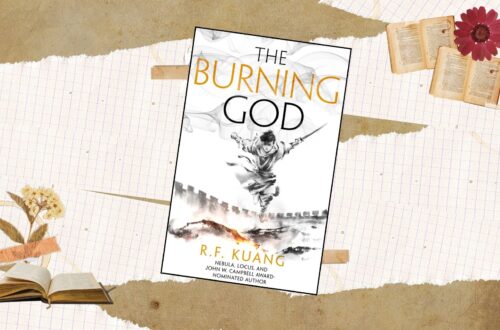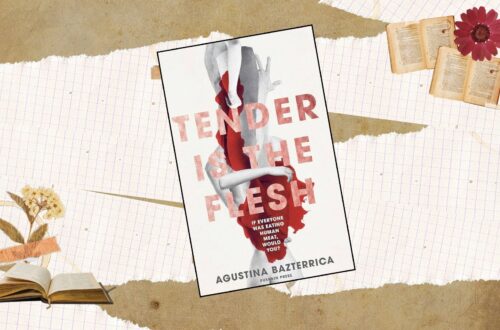I’ve had Boy Parts by Eliza Clark on my to-read shelf for a while now, but I never actually got around to tackling it. But readers know all too well that sometimes we need escape from the romance and fantasy through blunt contemporary works. And how else through the lenses of an unhinged woman, just on the brink of insanity, from which this book told?
Boy Parts is about a British woman named Irina who is supposed to be a famous photographer. She engages in fetish art—explicit photographs of average-looking men knotted up into compromising positions in more ways than one. She’s a sexual sadist and abuser, yet the harsher she becomes with it, the more the men become dependent on her and the more she falls into her obsessive rut.
This is the type of book that makes you wonder what goes on in the author’s head. The narrative was incredibly shocking, visceral, and cruel.
The characterizations of the main character and the setting of this book are off the charts. Irina is a total hurricane of a character—wildly sporadic, aggressive, and violent. Her relationships are fragile, bound by an unhealthy sort of attachment from both sides. She’s an unlikeable character and an even more unreliable narrator. Fragments of her trauma and mental tendencies line the narrative, moving along with the highs of the drugs and the lows of her depressive slumps. The dialogue is fiercely erratic as well, and often humorously so.
Characterization aside, this book is also an exploration of gender, especially within power dynamics. Coupled with Irinia’s distressed mentality, the book provides a complicated commentary on these dynamics and the male and female gaze. Irinia’s fetish photography of men came from her desire to explore things from the female gaze, and her becoming progressively more violent in how she treats her models and takes the photographs shows the altercations in her mentality. When she realizes that her actions don’t turn the models away, instead backfiring with them growing more attached, she becomes disassociated. Has she been able to overturn the gender power dynamics at all, or was it never there in the first place? Maybe in the end, she was trying to prove something to herself, causing her actions to spiral out of control. Nevertheless, this exploration of gender is something that has been heavily layered and alluded to within the novel to an extraordinary degree.
Do I have to snap the wine bottle inside him to get him to stop sending me sad emails? Do I have to cut his nipple off for him to realise he should probably ring the police? Do I have to cave his head in with my camera, rather than hit him the once? Do I have to crash his car? Do I have to smash a glass over the head of every single man I come into contact with, just so I leave a fucking mark?
One thing about this book, though, is that it never really came to a concrete end. It was almost plateau even in its highs, and even that was merely a recollection of the past, which happened to flare up her mentality in the present timeline. The book ends with her merely having a breakdown and presumably moving on, making it seem like a short, nothing-out-the-ordinary episode rather than a whole narrative. In short, the story just didn’t feel complete.
~ 4 stars.





